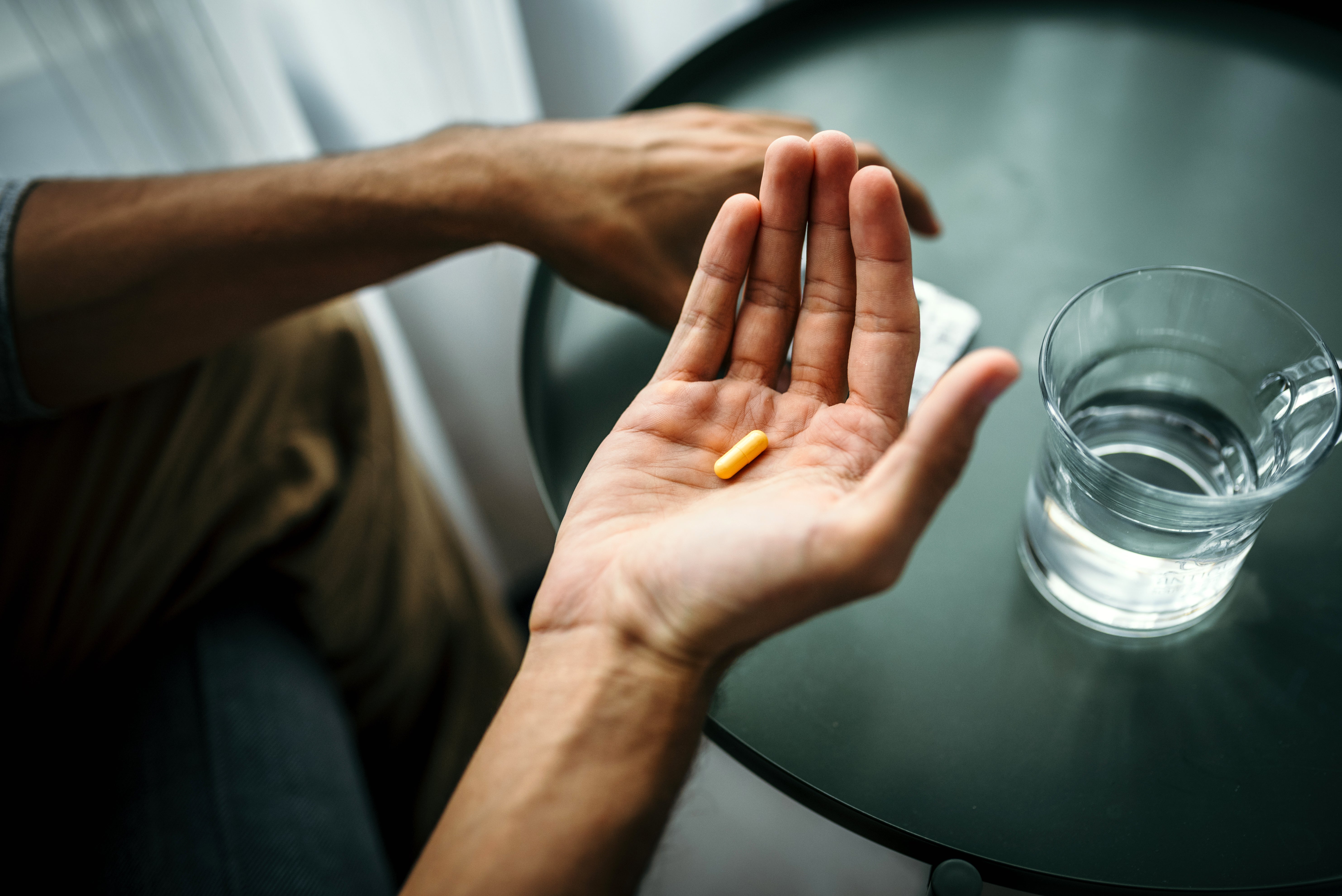Depression can kill our sex drives – are new antidepressants the answer?
While we may feel relatively comfortable talking about other aspects of depression, English coyness makes anything to do with sex – particularly our own struggles – about as out of bounds as it gets, writes Ian Hamilton


Depression is cruel. It not only causes sleep disturbance and loss of appetite, but can rob you of sexual desire. Little wonder sexual desire and performance are affected at a time when your mood is in your boots and the future looks bleak.
The commonly prescribed medication for depression only compounds the problem. Selective serotonin reuptake inhibitors (SSRIs) like citalopram or fluoxetine (Prozac) are also known to interfere with all aspects of sex, from arousal to orgasm. This is a problem that understandably puts many people off taking these types of medications, or continuing to take them if they have already started.
So a new piece of research about antidepressants and sexual dysfunction caught my eye this week. The authors explore what has already been investigated in relation to this issue, not only among the most commonly prescribed antidepressants, but the less well-known ones too. Their findings reveal potentially important differences in the way that these types of drugs impact sexual functioning.
Two medications that aren’t commonly prescribed in the UK, vilazodone and vortioxetine, appear to be effective antidepressants and critically less likely to induce adverse sexual effects. The researchers suggest this could be due to the way the chemicals in these medications interact with specific receptors in the brain that are known to impede sexual functioning.
It sounds like good news, but as you’d expect, there are caveats. The most important of these is the reduction in adverse sexual effects only appears to happen at lower doses of these medications. While this might help when people are started on these antidepressants, which usually involves a gradual tapering up of dose to ensure tolerance to the medication as well as assessing any benefit, it will not offer any advantage over other types of SSRIs if sexual functioning is impaired at higher doses with these drugs.
These doses are often the target level to achieve full therapeutic benefit. In other words, there isn’t much of a gain if your depression isn’t being treated even if you can sexually perform.
What all this reminds me of is the considerable sacrifice that people make when complying with antidepressant treatment. Not only do they have to try several types of medication before finding one that works, but a third of people won’t respond to any type of antidepressant. For the two-thirds that do benefit, it can take weeks if not months before they feel any change in mood and other symptoms of depression.
On top of all that, any sexual functioning they have left that hasn’t been suppressed by depression is then significantly reduced by treatment.
To keep up to speed with all the latest opinions and comment, sign up to our free weekly Voices Dispatches newsletter by clicking here
Sexual dysfunction such as low arousal, erectile dysfunction or difficulty achieving an orgasm is not rare, an estimated 50-70 per cent of those using antidepressants experience this type of adverse effect. Depression compromises and sometimes destroys close relationships, and this is the last thing people need.
Like many aspects of mental health, the key to finding ways to tackle symptoms and maximise treatment benefit is to be able to talk about it. While we may feel relatively comfortable talking about other aspects and symptoms of depression, the English coyness makes anything to do with sex – particularly our own struggles – about as out of bounds as it gets. We’d much prefer to suffer in silence than risk the embarrassment of telling a friend or, God forbid, a health professional about our most intimate and private sexual torments.
This has to be the saddest aspect of cultural impotence, yet the one with the most potential if we could overcome it to make a meaningful difference when we are unfortunate enough to experience depression. Shyness may not kill but it can threaten our ability to receive treatment that could maximise benefit, while reducing the impact on one of our most basic but essential needs – to be able to feel sexual pleasure.
Depression steals too many joys, it is not inevitable that sexual functioning should be one of them.
Ian Hamilton is a senior lecturer in addiction and mental health at the University of York






Join our commenting forum
Join thought-provoking conversations, follow other Independent readers and see their replies
Comments